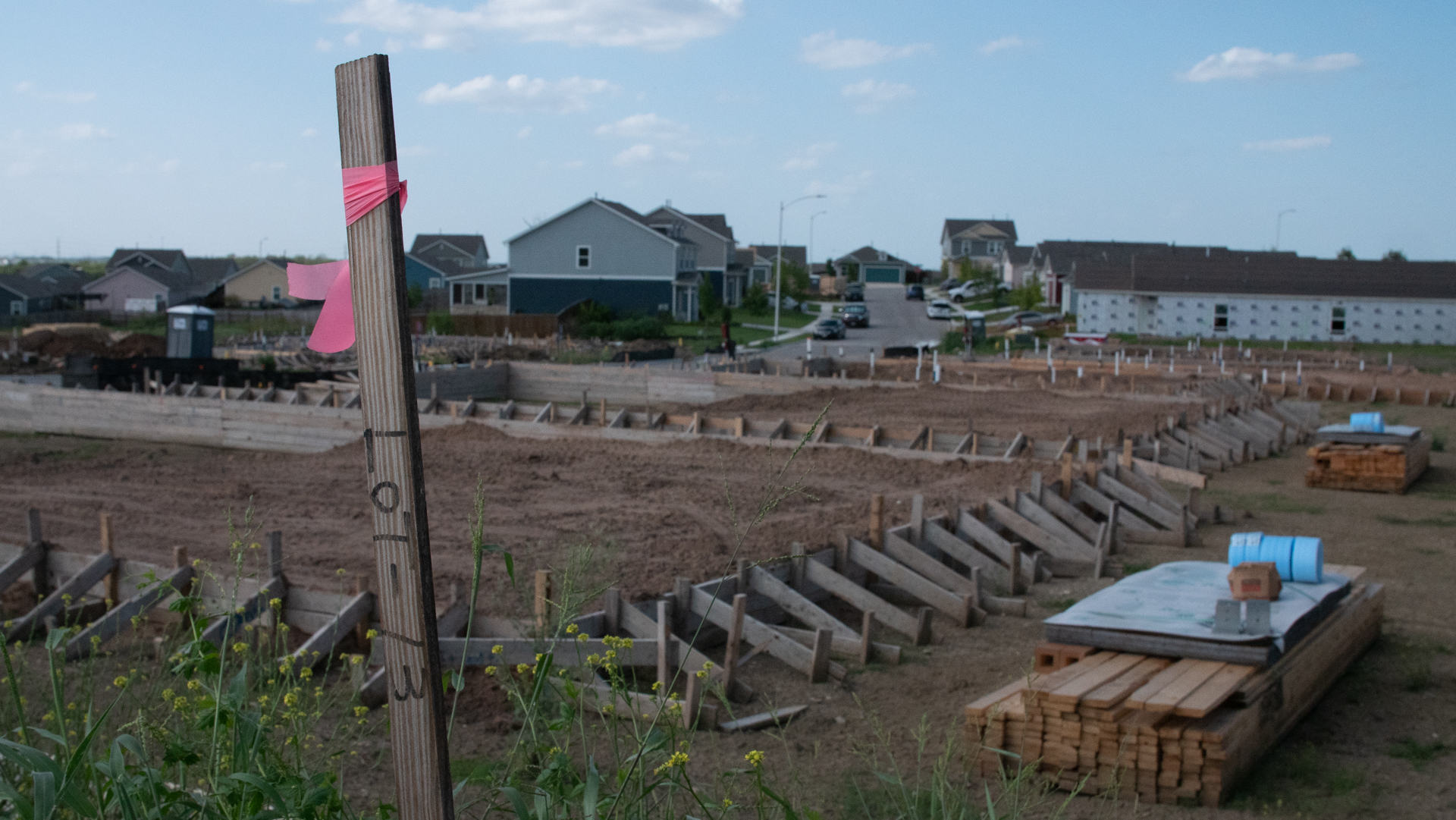
Council seeks financial assistance for homeowners looking to add units to properties
*This article was originally published by the Austin Monitor. To see the original post, click here. *
City Council intends to help homeowners at risk of displacement with a program that will provide down payment assistance to those wishing to add more residential units to their properties. At last Thursday’s meeting, Council approved a resolution directing the city manager to research and gather options for the program, which would be targeted at low- or moderate-income residents who could add other units including accessory dwellings.
The resolution builds on the land use changes approved by Council last week, which make it easier for property owners to have up to three residential units on a lot, in a move to add density and housing supply to keep up with strong local demand.
Council Member José Velásquez said the program will help longtime residents in East Austin earn more income to pay their increasing property taxes and avoid being priced out of their neighborhoods. It will create “more equitable opportunities for all folks to continue living in their neighborhoods that they grew up in, to live where they work, and to keep families together,” he said.
“(The resolution) aims to offer financial support to lower- and middle-income people who want to build an additional housing unit on their property, while ensuring we create a process of working with our partners to engage and inform the community with the goal of reaching the people that need it most,” Velásquez said.
The resolution directs staff to build in provisions that would prevent recipients of the assistance from using newly constructed units as short-term rental properties, while also tying in to anti-displacement initiatives included in the Project Connect transit plan. It also calls for investigation into a grant to cover city fees associated with additional housing units, and seeks to build relationships with nonprofit organizations and community groups that could help with marketing and outreach to increase participation in the program.
A proposed program structure with costs, funding sources and implementation steps is to be presented to Council on April 2.
One amendment to the resolution calls for the creation of a city ombudsman for the program to assist residents with navigating the application process. A second amendment directs the city manager to provide an update to a pair of resolutions related to ADU construction passed in 2020 and 2022.
Velásquez said the city program could tie in to recently announced federal mortgage financing created to assist homeowners in building ADUs on their primary residences. Residents in his district and throughout the Eastern Crescent are at increasing risk of being priced out of their homes as Austin’s property values continue to climb.
“Affordability is a critical issue in Austin, and increasing housing stock – as well as the diversity of available housing options – could help address some of the issues with affordability,” he said. “Displacement is a problem that’s affecting lower- and moderate-income families across the city, but particularly in the Eastern Crescent. So we felt it was necessary that we start taking some serious proactive approaches to be able to help folks stay in their homes.”
While the HOME initiative policy package was easily approved last week, it drew criticism from groups of longtime city residents who argued that making it easier to add residential units to existing lots will increase gentrification pressure as investors look to capitalize on the demand for housing in the city’s core.
Housing advocate Felicity Maxwell told Council during public comments that removing barriers to construct new housing would be a positive move for residents.
“We are delighted to see the collaboration between districts 1, 2, 3 and 4 and the focus on access to affordable housing,” she said.
“As a housing advocate, I can personally attest to the byzantine rules and regulations in the various city of Austin housing programs,” Maxwell said. “We sincerely hope that this resolution is a first step in both clarifying these various programs as well as making them more accessible and easy to understand, as well as an exciting start to potential new programs that will directly support the HOME initiative as passed last week by City Council.”
Community journalism doesn’t happen without community support.
Got story ideas, advice on how we can improve our reporting or just want to know more about what we do? Reach out to us at news@klru.org.
And if you value this type of reporting, then please consider making a donation to Austin PBS. Your gift makes the quality journalism done by the Decibel team possible. Thank you for your contribution.
More in Politics:
See all Politics posts





Contact Us
Email us at news@klru.org